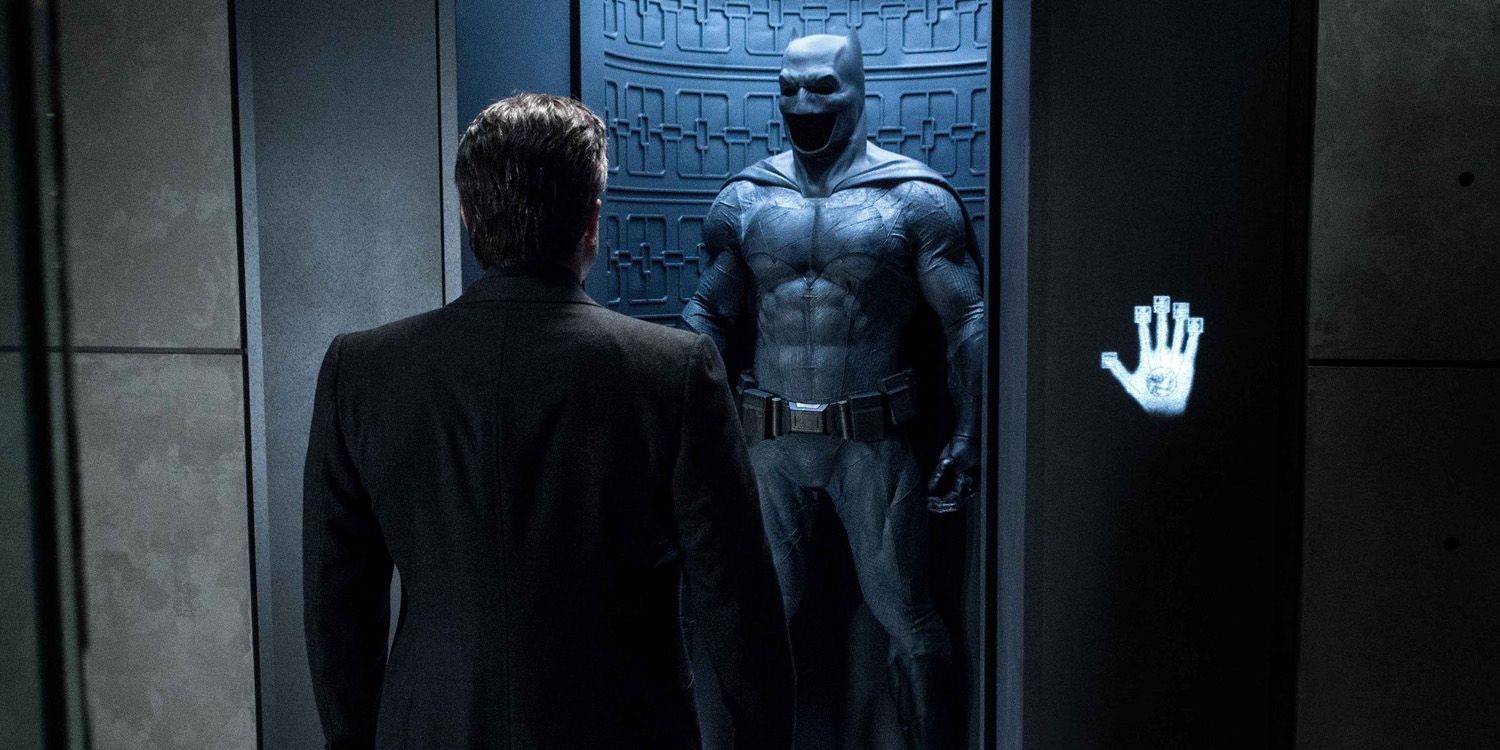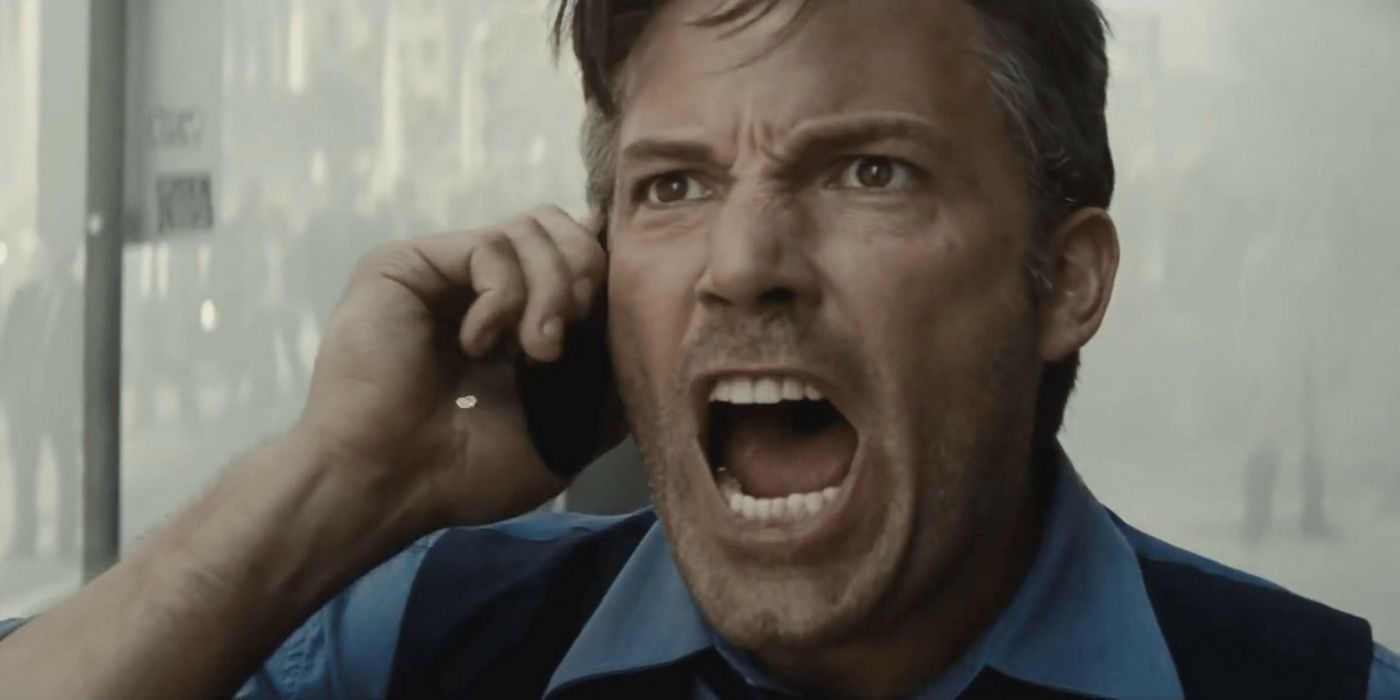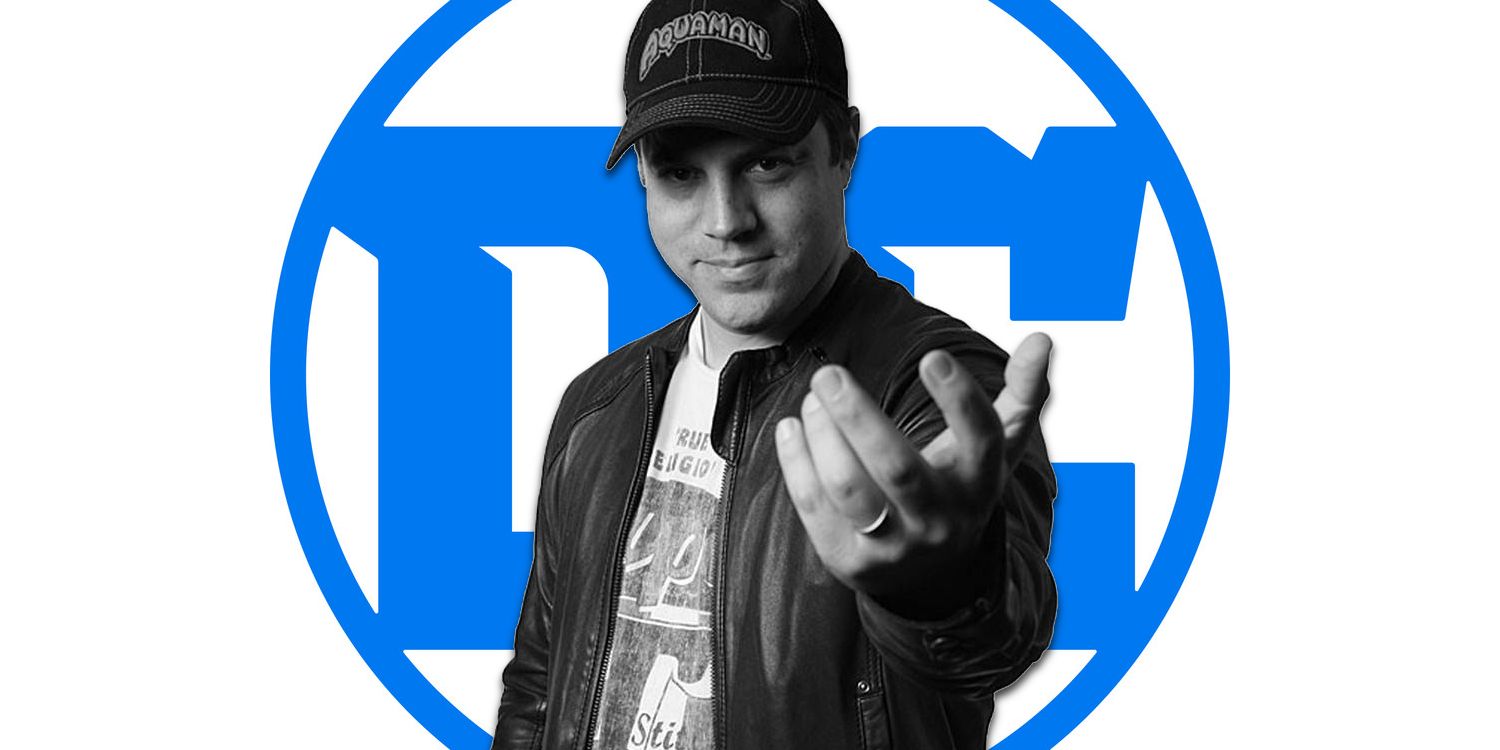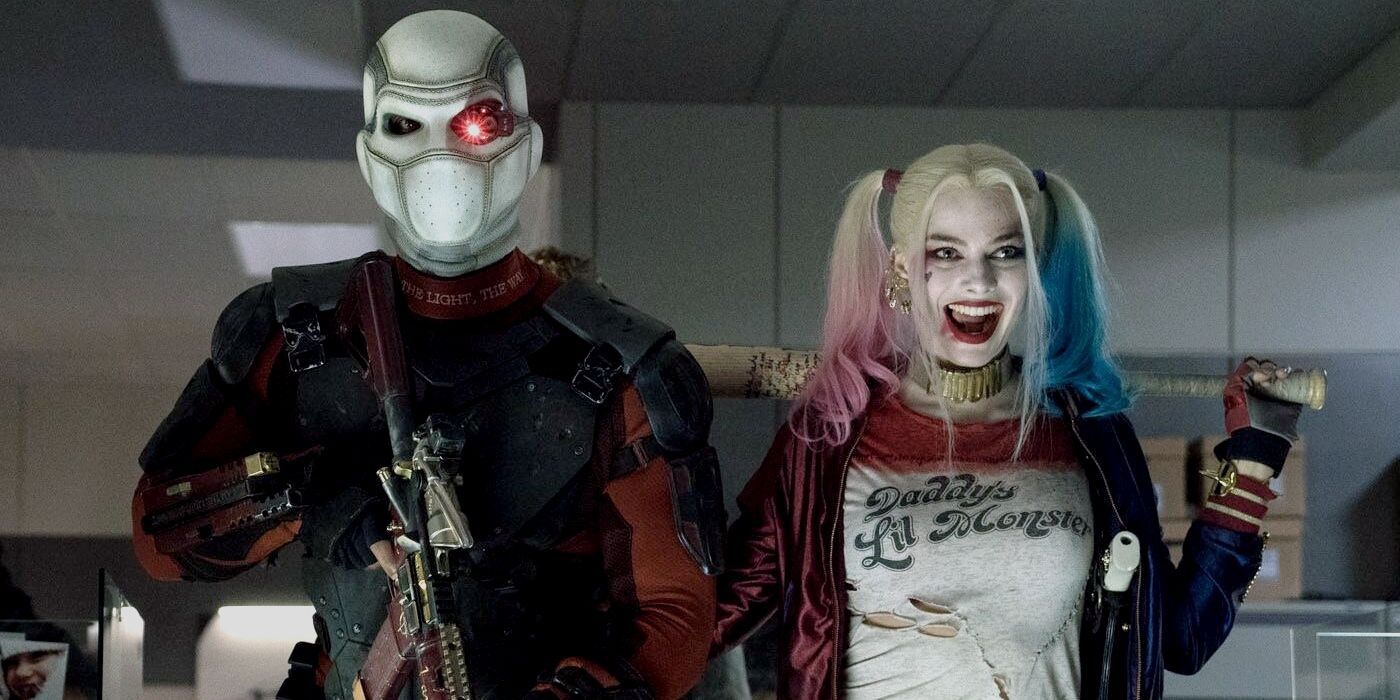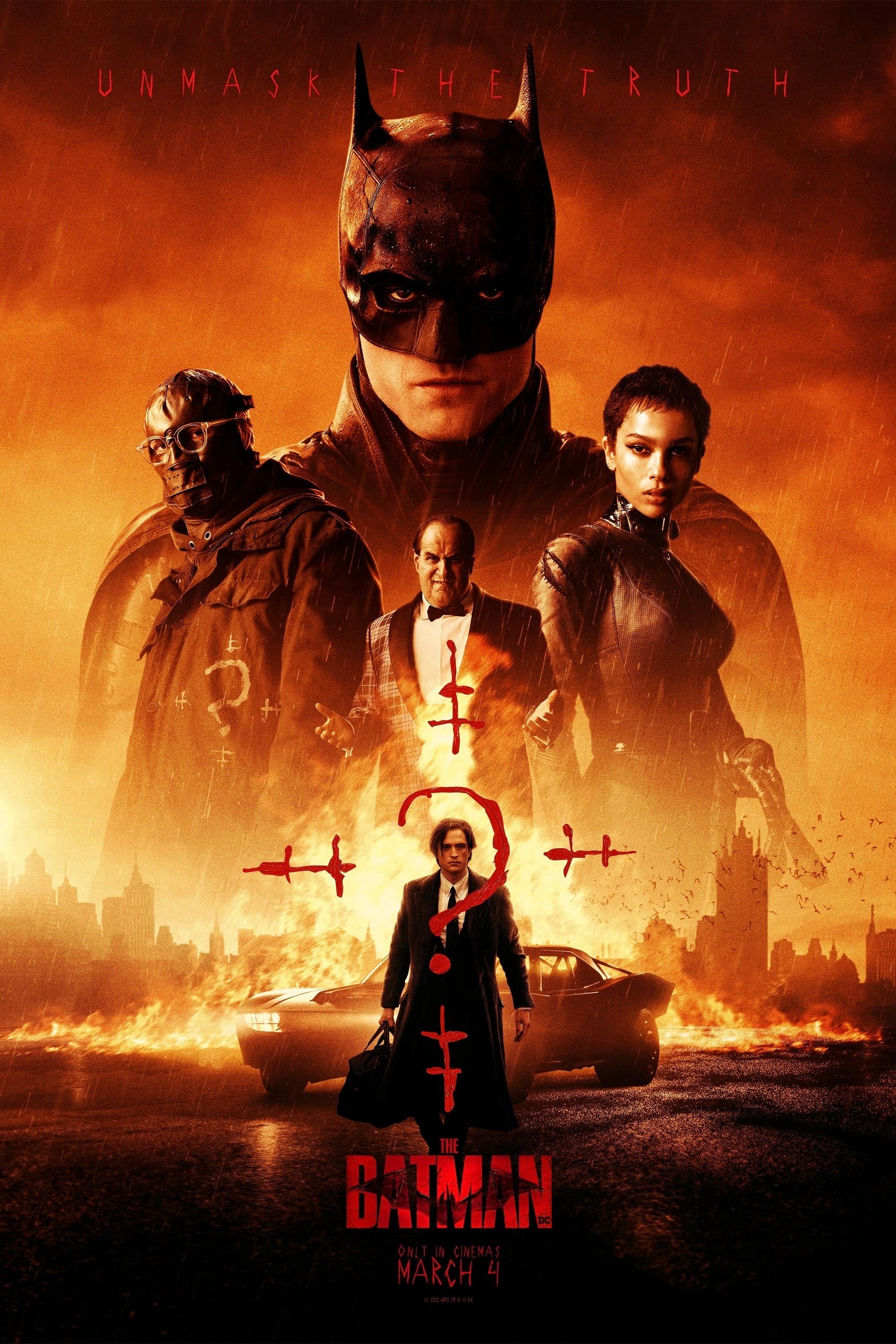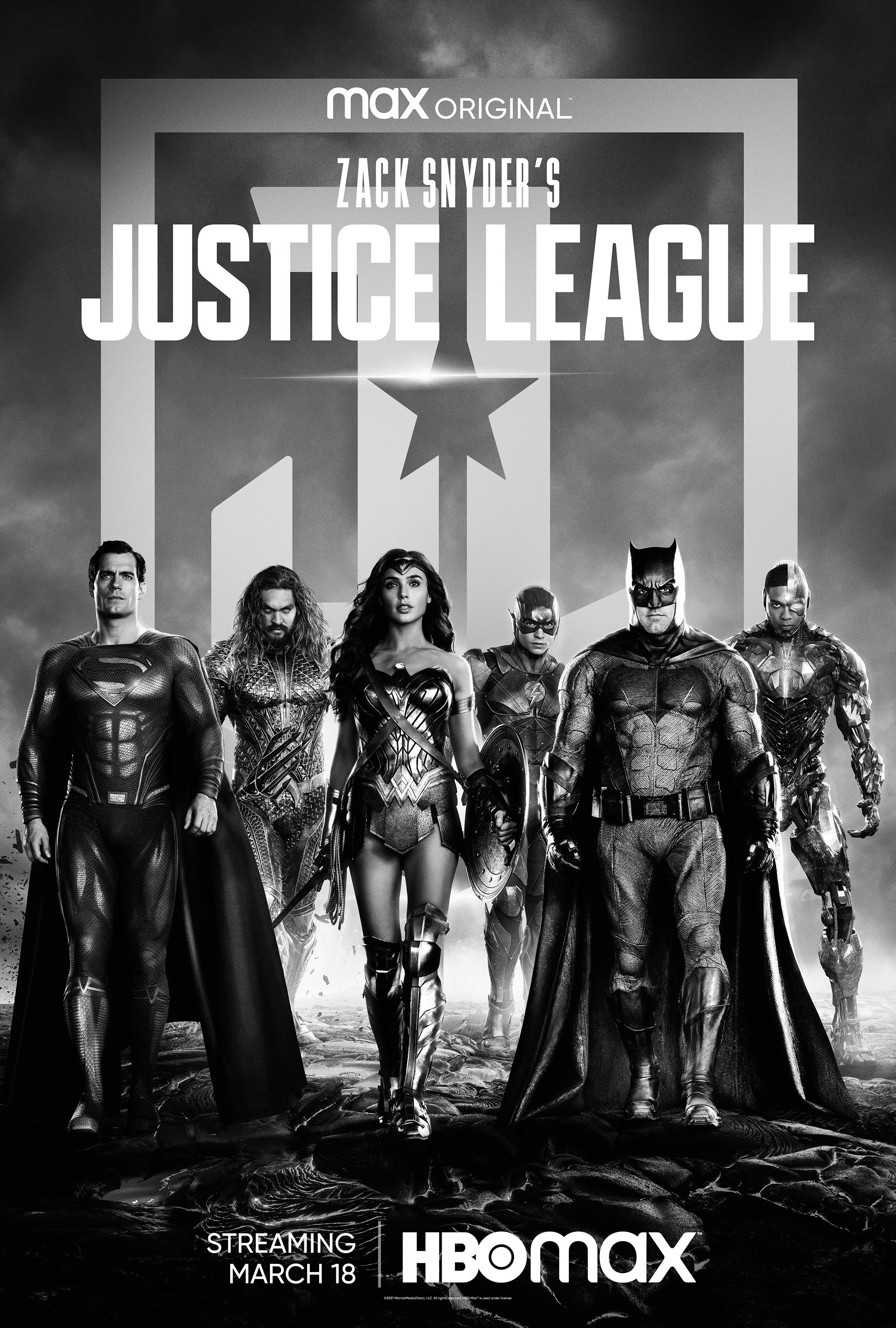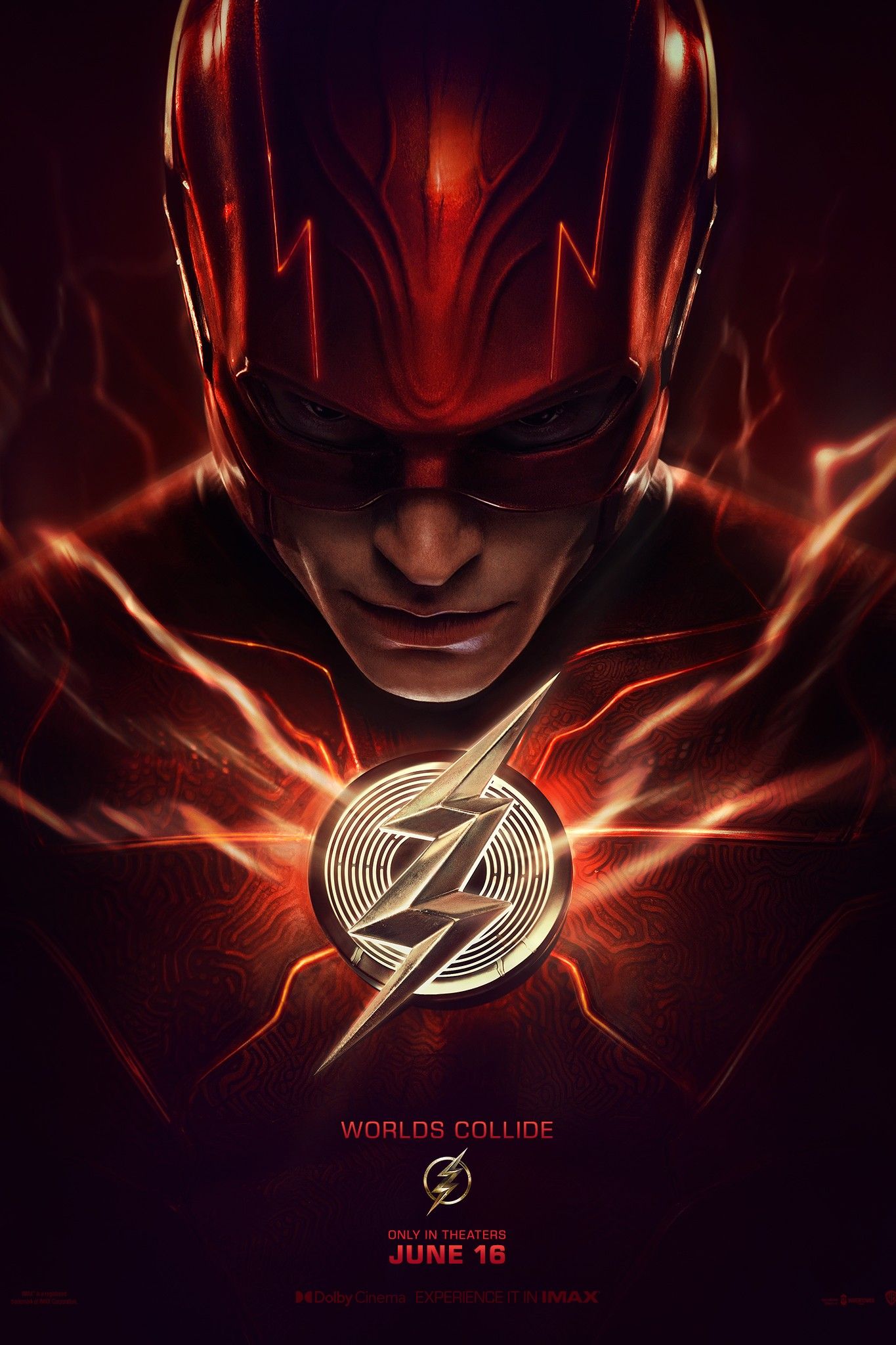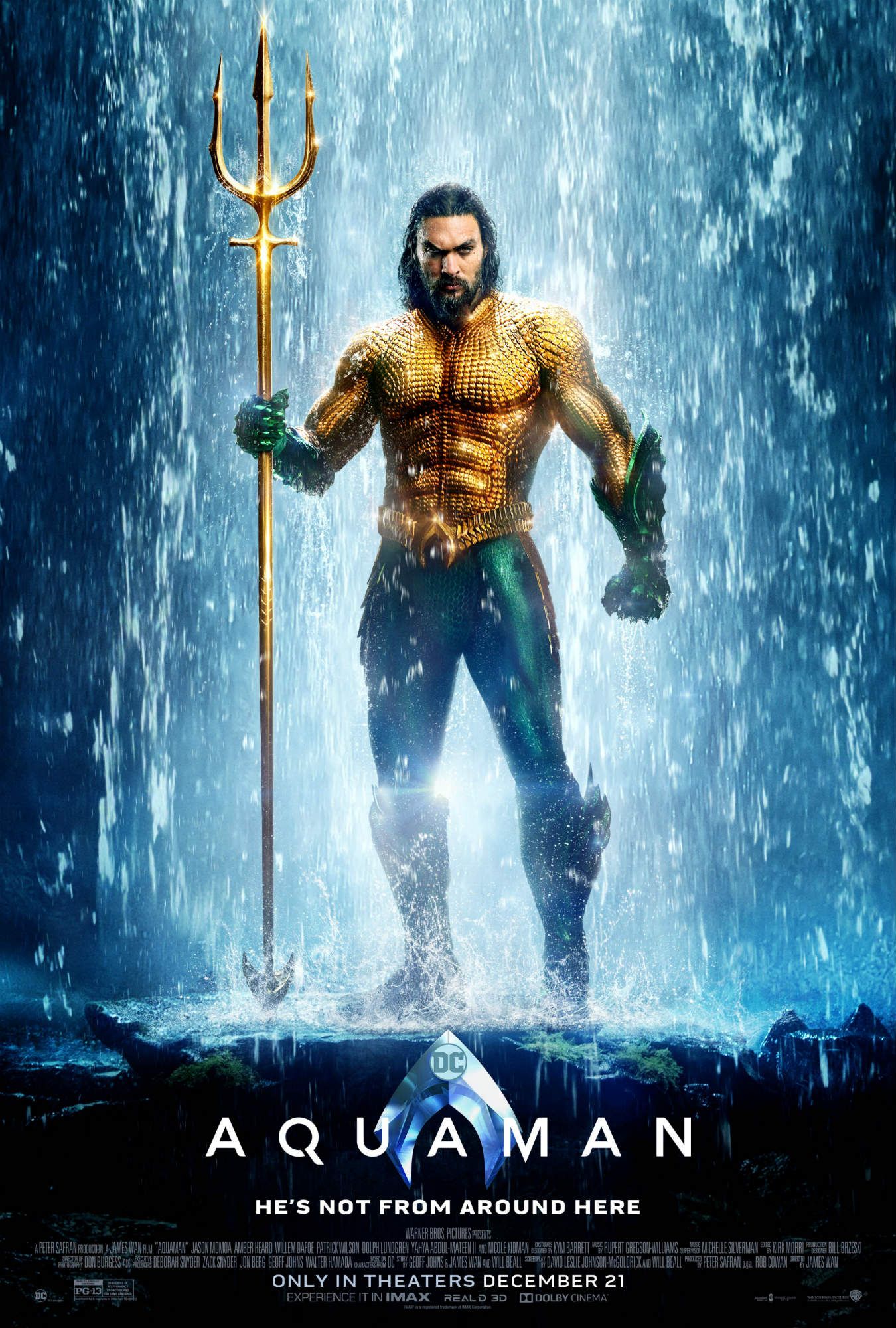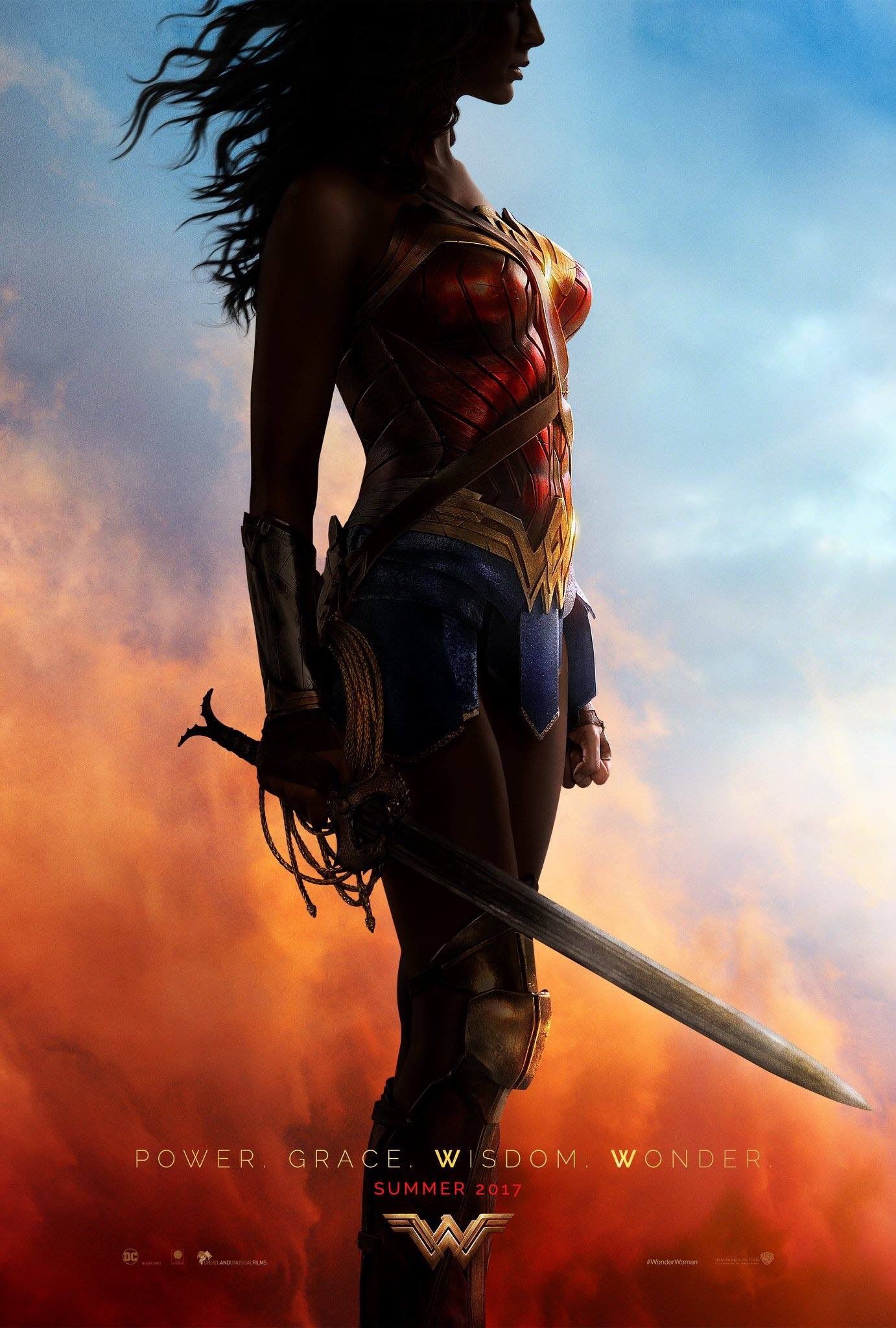The big news coming out of the still-fledgling DC Extended Universe is that Ben Affleck is no longer going to direct the next Batman solo film. The announcement came as something of a shock to the fandom, with some immediately concluding that the change of hands is terrible news for the DCEU.
While we can’t necessarily blame fans for immediately jumping to dire conclusions – we even said in a recent article that should progress falter on The Batman, the cinematic universe might be put on life support – in reality there is still much potential for the next Bat-flick to be something truly spectacular. And a successful Batman is certainly more than enough to guarantee a longer-lived DC Extended Universe, no matter what may come of this year’s Wonder Woman or Justice League, Part I.
This shouldn’t be the question facing DC nerds and comic-book-movie enthusiasts the world over right now. What they should be asking themselves instead is: does Warner Bros., the studio behind the meta-franchise, have a sufficient creative structure in place to handle such a transition behind the camera? And, in a corollary: is DC Entertainment President Geoff Johns the man to ensure that the new Bat-director, whoever it may be, can make the film even better than it would have otherwise been?
A new director
Whereas in television the writer-producer is in ultimate charge of a production and its overarching narrative, in film it is typically the director who ultimately gets to call the final shots, both on the set and behind the scenes, during a script’s development and the story’s evolution. And as part of this wide creative berth, it is not unheard of for a new helmer to order a project’s screenplay to be rewritten (sometimes extensively and repeatedly), oftentimes with a brand-new writer who has a pre-existing relationship with the filmmaker.
This is, of course, more of a general rule than a hard-and-fast law, and there are a number of other individuals who can be involved in the preproduction process who may get a pretty definitive say in how things proceed – producers, executives, even stars. And when the film in question is part of a wider cinematic universe, as is quickly becoming the new standard in Hollywood, there are a whole host of new considerations and creative limitations that whatever director, freshly arrived or long in the trenches, must abide by. The Batman would ordinarily fall into this latter camp, meaning that Ben Affleck or Matt Reeves or whoever else would only have a limited amount of leeway in making changes to tone or direction or character.
Of the six main Hollywood players, however, Warner Bros. has long prided itself on being the filmmakers’ studio, the place where storytellers could get the most latitude to bring their vision to the big screen. This means that, even with the larger DCEU floating in the background, the helmers behind these interconnected movies have a far greater amount of control than they ever would over at, say, Marvel Studios, where directors have been known to split over creative differences. This potentially puts The Batman’s future narrative right back at square one, with the possibility for a change in everything from its location to the villain.
Geoff Johns
In the massive fallout from Batman v Superman: Dawn of Justice’s hugely controversial release, Warners decided to make a change to its executive structure, assigning one individual to oversee one specific franchise, whether that be DC or Fantastic Beasts and Where to Find Them. In the case of the former, Jon Berg became the shared world’s point man, but he was appointed alongside none other than Geoff Johns, the chief creative officer of DC Comics (who was subsequently promoted to president of DC Entertainment, as well).
As one of DC’s longest-serving writers and editors, it didn’t take Johns long to become co-writer on both The Batman and Aquaman, as well as script doctor on Wonder Woman. When we got the chance to speak to Ben Affleck and director Zack Snyder on the subject, they both enthusiastically stated that while Geoff was there to help provide answers and mythological context to their films, his vision was still subservient to that of the director’s, making him more binding agent than top-down manager.
This would, at first pass, seem to indicate that whatever new filmmaker comes unto the project would have carte blanche to do whatever he pleases to Affleck’s and Johns’s script, but all this information may actually indicate the opposite: despite his preference to reinforce the director’s vision, Johns – alongside Berg – will work, first and foremost, to keep the integrity of the story that they have all labored on for so long already (with, perhaps, some idiosyncratic flourishes being allowed to be sprinkled here and there on the surface). This scenario is made all the likelier with Affleck’s continued involvement as producer and actor on the film; given how “humiliated” he purportedly was by Batman v Superman, there’s just no way he’ll allow the film to proceed without his stamp of approval firmly attached to it.
All of which isn’t to mention the built-up fan expectations by this point, how late in the development process the movie already is, the continued lukewarm reception of DCEU properties (we’re looking at you, Suicide Squad), and the little fact that the two previous Batmans each hauled in $1 billion at the worldwide box office. Put simply, this is the first property that WB just isn’t allowed to mess up.
In fact, The Batman could very well serve to be the DC Extended Universe’s first example of the attached filmmakers being forced to mold themselves to the story instead of the other way around.
Studio oversight vs. creative interference
There is, of course, a dark side to all this executive guidance, and it’s something that DCEU audiences have already become extremely accustomed to: studio management transforming into creative interference.
The stories are so prevalent as to be almost not worth rehashing here. It was Warner Bros. execs, the leaks say, who tinkered endlessly with Dawn of Justice, making the various Justice League cameos be shoehorned in. And Suicide Squad had multiple editors working on multiple cuts of the film in order to find the one that would be the most commercially palatable – filmmaking vision be damned.
Although it may be the case that the suits have learned their lesson by now and have left a wider berth for both Wonder Woman and Justice League, Part I, it could also very easily be that this last-minute shake-up behind the Bat scenes has made the execs jittery and, thereby, able to slip right back into their old habits, whether Geoff Johns is there or not to try and stop them. Should this be the case – should Johns and Affleck be rendered into door mats for the multi-billion dollar machine that the shared cinematic universe could still become – then it ultimately doesn’t matter who is sitting in the director’s chair, or who has been hired to whisper comic book trivia in his ear.
But it’s not too late for The Batman to become both the movie we want and the savior we need. In fact, if Johns is allowed to do his job, it’s still never been closer to becoming a reality.

